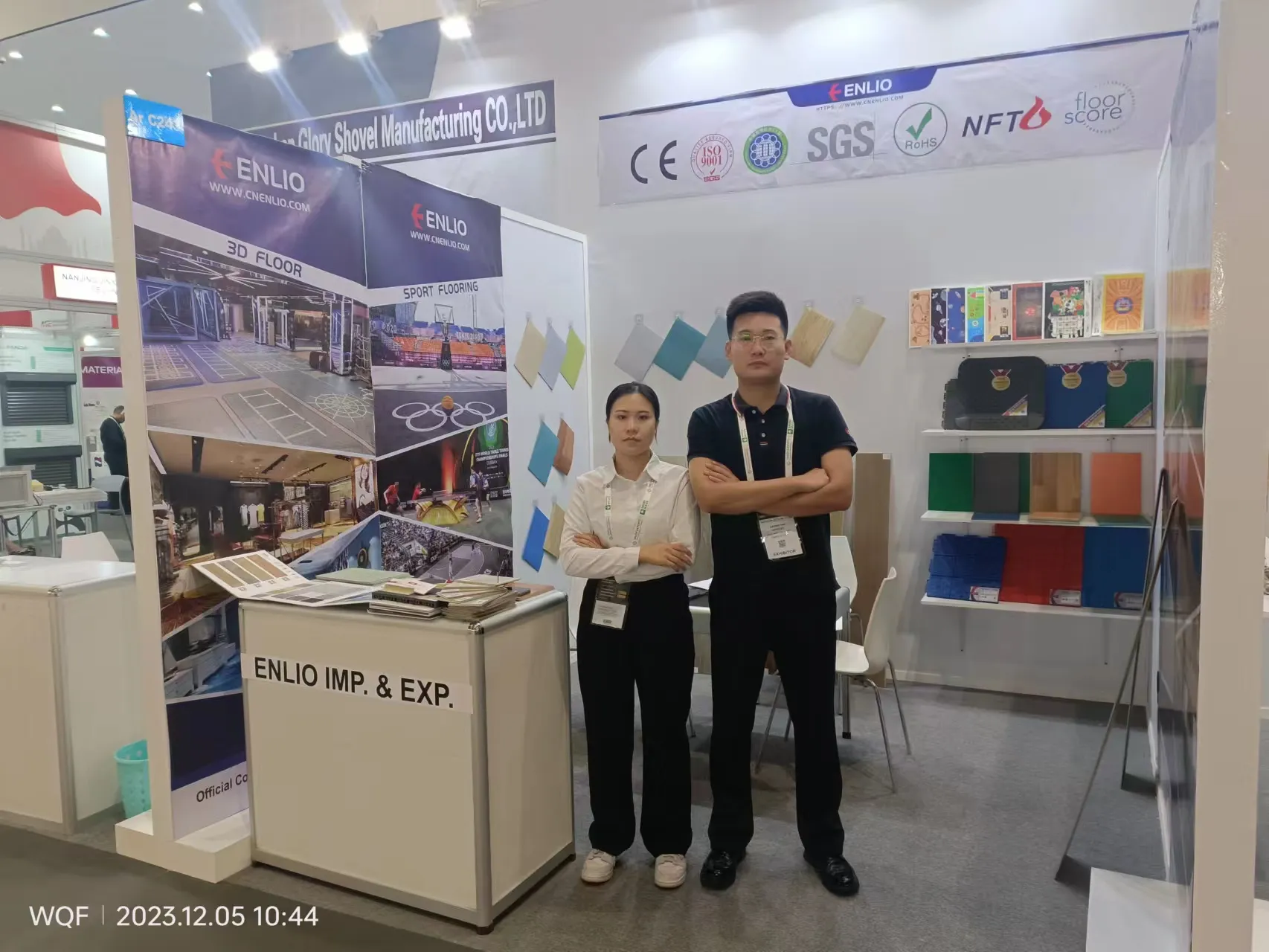spc flooring price
Understanding SPC Flooring Pricing A Comprehensive Guide
SPC flooring, or Stone Plastic Composite flooring, has gained significant popularity in recent years due to its unique blend of aesthetics, durability, and affordability. As homeowners and builders increasingly seek options that offer the best of both worlds—style and practicality—understanding SPC flooring pricing becomes essential. In this article, we will delve into the factors impacting SPC flooring prices and offer valuable insights for potential buyers.
What is SPC Flooring?
SPC flooring is a type of rigid vinyl flooring that combines limestone powder, polyvinyl chloride (PVC), and stabilizers to create a dense core. This innovative composition makes SPC flooring water-resistant, scratch-resistant, and exceptionally durable, making it suitable for both residential and commercial applications. Its easy installation process—often featuring a click-lock mechanism—adds to its appeal, eliminating the need for glue or nails.
Factors Influencing SPC Flooring Prices
1. Thickness of the Planks
The thickness of SPC flooring planks significantly impacts their price. Generally, thicker planks (around 5mm to 8mm) offer better durability and sound insulation compared to thinner options. For projects where heavy foot traffic or wear and tear is expected, investing in thicker SPC flooring may be worthwhile even if it comes with a higher price tag.
The wear layer protects the surface of the flooring from scratches, stains, and everyday wear. Typically ranging from 0.3mm to 0.7mm, a thicker wear layer often means higher durability and a longer lifespan for the flooring. While it may attract a higher initial cost, a thicker wear layer can save money in the long run through reduced maintenance and replacement costs.
3. Brand and Manufacturer
As with any product, brand reputation plays a crucial role in pricing. Well-known brands that invest in research, development, and quality control may price their SPC flooring higher than lesser-known manufacturers. However, established brands often offer warranties and customer support, which can justify the expense.
spc flooring price

4. Design and Aesthetics
SPC flooring comes in a variety of designs, colors, and finishes, from wood-like looks to stone patterns. Products with more intricate designs or unique textures can command a premium price. Buyers should consider their aesthetic preferences and how they align with the overall design of the intended space.
5. Quantity Ordered
Buying SPC flooring in bulk can often lead to discounts. Homeowners working on larger projects should consider purchasing extra planks, not just to secure a better price but also to account for any future repairs or replacements.
6. Installation Costs
While many SPC flooring options allow for DIY installation, hiring a professional can ensure a flawless result. Installation costs can vary significantly depending on the complexity of the job and local labor rates. Therefore, it's crucial to factor these costs into the overall budget when considering SPC flooring.
Average Price Range
On average, SPC flooring prices can range from $2 to $5 per square foot, depending on the factors discussed above. High-end options or specialized designs can even reach $8 per square foot. While this range is relatively affordable compared to traditional hardwood or stone flooring, understanding the nuances of pricing can help buyers make informed decisions.
Conclusion
SPC flooring presents an appealing alternative for those seeking a balance of style, resilience, and cost-effectiveness in their flooring choices. By understanding the key factors influencing SPC flooring prices—such as thickness, wear layer, brand, design, quantity, and installation costs—buyers can make educated decisions tailored to their needs. Ultimately, investing time in research will ensure that you select an SPC flooring option that not only fits your aesthetic desires but also your budget, leading to a satisfied flooring experience for years to come. Whether you are renovating your home or planning a commercial space, SPC flooring is an option that is worth considering.
-
Versatile Solutions with Premium Masking TapesMay.09,2025
-
Transforming Spaces with Commercial Flooring SolutionsMay.09,2025
-
Innovative Uses of Masking Tapes and Skirting BoardsMay.09,2025
-
Innovative Solutions for Modern Flooring and Wall FinishesMay.09,2025
-
Enhancing Spaces with Wood Laminate Flooring and AccessoriesMay.09,2025
-
Elevate Your Home with the Right Residential FlooringMay.09,2025




